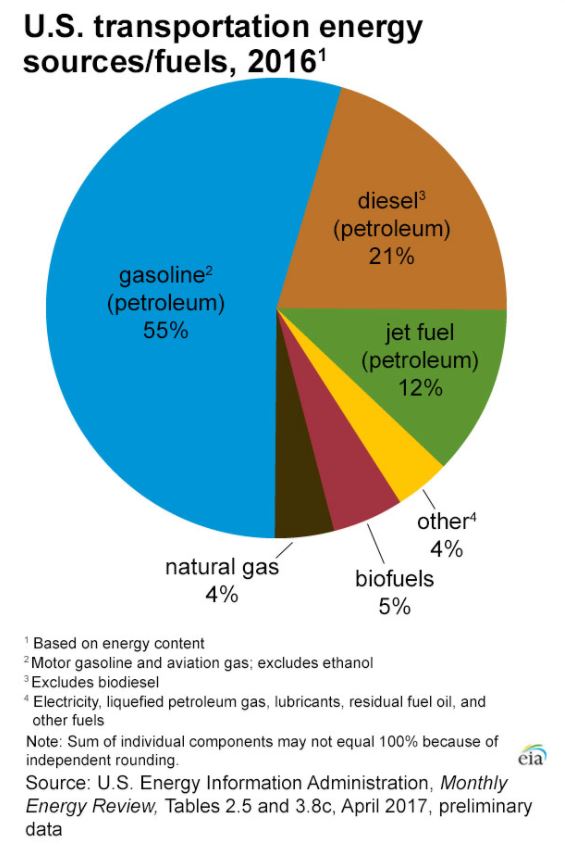The US government continues to focus on ways to decrease its dependence on foreign oil imports as a means to strengthen both its national security and its economy. More than 95% of transportation energy is petroleum based, and about 50% of US oil is imported. It is not surprising to predict then that a major disruption or severe price increase in oil would have drastic impacts on the US economy, security, and overall health of the country.
SynSel supports US energy security initiatives by using non-food, renewable woody biomass feedstock to produce drop-in, tank ready biofuels that meets ASTM standards. There is an abundance of woody biomass in the US with an estimated 137M tons per year of unallocated wood waste. This wood waste alone would support over 300 SynSel biorefineries.
SynSel plants are also “distributed” in small and manageable 1,000 tonnes per day plant size – producing about 90,000 gallons per day. Traditional fossil fuel refineries are 5 to 20 times larger than a SynSel plant. Almost all of these fossil fuel plants are located on an ocean coast and many are susceptible to hurricanes. By comparison, SynSel plants will be largely located within a wood basket and not susceptible to weather-related interruptions.
The biggest challenge to traditional ICE’s (internal combustion engines) utilizing fossil fuels is the EV (electric vehicle). SynSel fuel in ICE’s offers a better alternative for the concerns of climate change and helps in the area of Energy Security: The bulk of key ingredients for EV batteries are cobalt and lithium. These elements are controlled by one super power and it is not the USA. The US Department of Defense (DOD) is especially interested in finding dependable domestic sources of diesel, gasoline, and aviation fuel. The biofuel produced in SynSel biorefineries:
- Aligns with US DOD energy security objectives
- Meets market demand for renewable fuels
- Reduces dependency on petroleum-based fuels
- Produces, in some instances, biofuel that has better working properties than petro-based equivalents
SynSel does not lock into long-term fuel contracts but rather merchandizes the fuel when produced. In addition to maximizing biofuel revenue, this also allows for the sale of SynSel fuels to the US DOD, which requires fuel to be tested at time of sale.
DOD military bases are also susceptible to fuel supply chain disruptions. A SynSel plant could be hosted within the base assuming the necessary wood feedstock is abundant.






